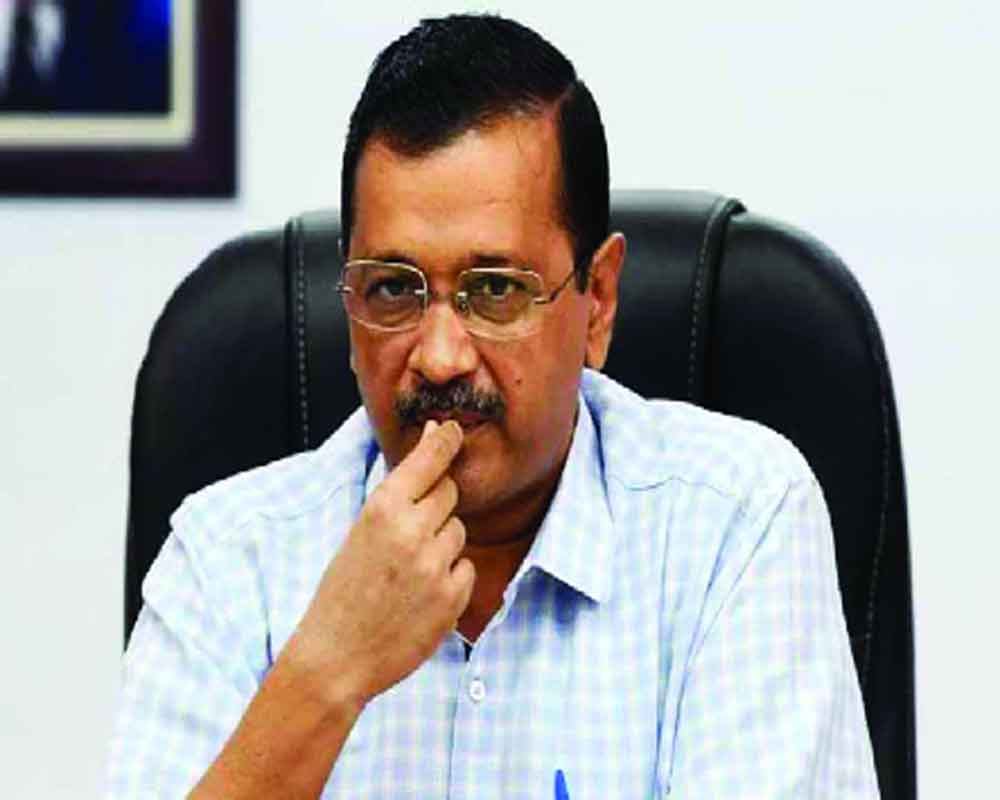Arvind Kejriwal governing from jail may look unconventional, but it is not unconstitutional
Delhi Chief Minister Arvind Kejriwal is keeping his word so far: That he would rule the Capital from behind bars upon being arrested in the multicrore liquor scam. The issuance of Government orders from prison, however, has sparked a controversy. His political opponents, including the BJP, are raising concerns about the influence of criminal elements within the Government apparatus. The saga began when Kejriwal, also the national convener of AAP, was incarcerated following his alleged involvement in the liquor scam. Despite being in jail, he continued to issue orders related to governance matters in Delhi. This is unprecedented as no serving Chief Minister has ever been jailed. While Kejriwal’s supporters argue that his actions demonstrate a commitment to his responsibilities, critics point to the broader implications of a jailed politician running a Government. BJP leaders have wasted no time in alleging that this development is emblematic of the pervasive influence of criminal elements. The BJP leaders assert that allowing individuals facing serious criminal charges to wield power from jail sets a dangerous precedent. Moreover, they argue that it raises questions about the efficacy of the justice system in curbing such abuses of power.
On the other hand, AAP supporters claim the BJP’s allegations are aimed at tarnishing their party’s image. They maintain that Kejriwal’s actions are within bounds of his duties as Chief Minister and emphasise his commitment to serving the people of Delhi. Furthermore, they contend that Kejriwal’s governance from jail reflects the resilience and determination of a leader who refuses to be deterred by legal challenges. In reality, the entire controversy is unfounded. If the Constitution permits an individual to retain a constitutional position while under judicial custody, it logically follows that they have the right to govern from wherever they are. Given its lack of prudence, it might appear unconventional, but it aligns perfectly with the constitutional framework of India’s political system. Unlike Laloo Yadav and Hemant Soren, Kejriwal chose not to comply with the establishment’s expectations by resigning and instead remained in his post. Additionally, being in judicial custody alone does not constitute a conviction or indictment, regardless of the strength of the allegations, and thus holds no legal validity. In the wake of the controversy surrounding Kejriwal’s governance from jail, the next logical step for him would undoubtedly be to pursue avenues for securing bail. For a sitting Chief Minister to be in jail is an extraordinary circumstance, and Kejriwal’s legal team will likely be working diligently to secure his release at the earliest opportunity. Amidst the heated exchange of accusations and counter-arguments, the broader implications of this controversy cannot be ignored. It highlights the complex interplay between politics, law enforcement and the justice system in India. As the debate rages on, it remains to be seen how this controversy will shape the political landscape in Delhi and beyond in the days to come.


























